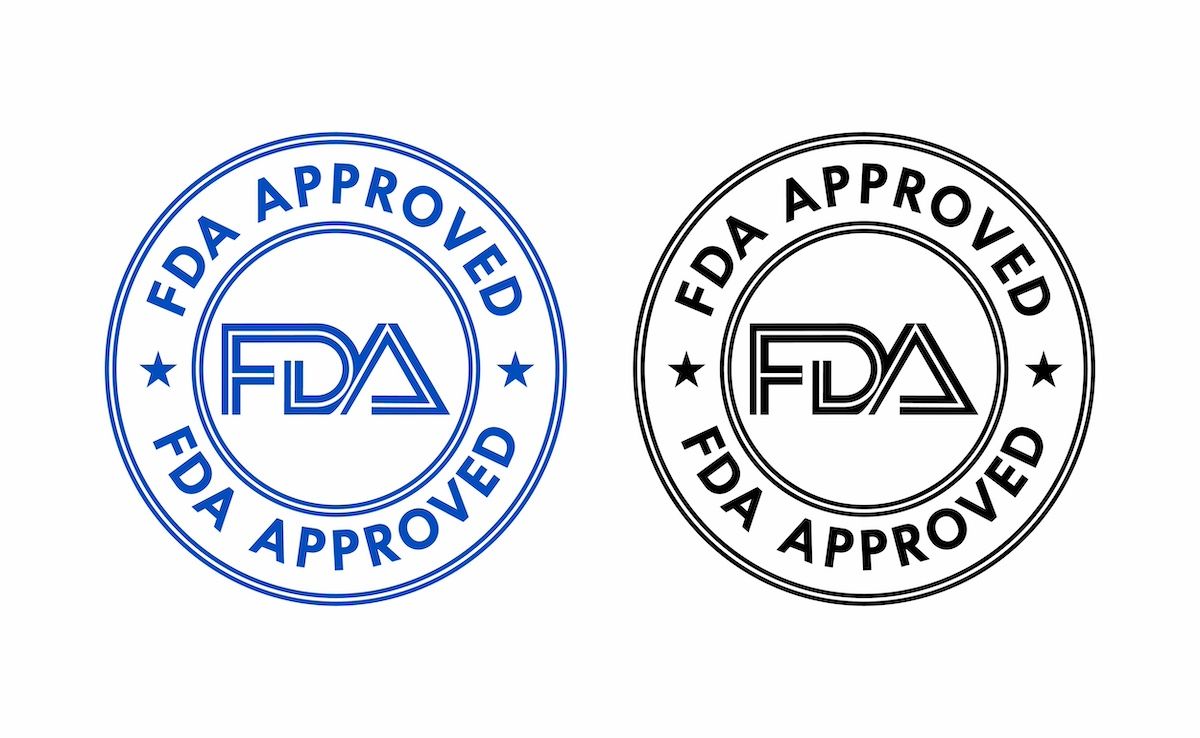- Center on Health Equity & Access
- Clinical
- Health Care Cost
- Health Care Delivery
- Insurance
- Policy
- Technology
- Value-Based Care
First Subcutaneous Prophylaxis for Hemophilia A and B With Inhibitors Approved by FDA
The approval of concizumab-mtci (Alhemo) injection marks a significant milestone in managing hemophilia A and B with inhibitors by preventing or reducing bleeding episodes in adults and children 12 years and older.
The FDA approved concizumab-mtci (Alhemo) injection for the prevention or reduction of bleeding episodes in adults and children aged 12 years and older with hemophilia A or B with inhibitors, according to an announcement from Novo Nordisk.1 With daily subcutaneous (SC) administration, the therapy offers treatment for a patient population with limited prophylactic options.
Inhibitors affect an estimated 30% of patients with severe hemophilia A and up to 10% of those with severe hemophilia B, complicating treatment.
Image Credit: Deni-stock.adobe.com.jpeg

Traditionally, hemophilia with inhibitors has been managed with intravenous (IV) infusions; concizumab shifts the paradigm with a subcutaneous injection that offers improved convenience and efficacy. SC injections offer several advantages over IV and intramuscular methods, primarily due to their ease of use and lower risk of complications.2
"Alhemo signifies a remarkable achievement in prophylactic hemophilia treatment for individuals with inhibitors," Anna Windle, senior vice president of Clinical Development at Novo Nordisk, said in the statement.1 "This innovative approach addresses significant unmet needs, offering patients the opportunity to personalize their care."
The FDA's decision was based on data from the pivotal phase 3 explorer7 trial, which demonstrated an 86% reduction in treated spontaneous and traumatic bleeds in patients on concizumab prophylaxis compared with no prophylaxis. The results revealed an annual bleeding rate (ABR) of 1.7 in treated patients, compared with 11.8 in the control group. Additionally, 64% of patients receiving concizumab experienced no treated bleeds during the first 24 weeks of treatment.
Concizumab is a tissue factor pathway inhibitor (TFPI) antagonist designed to enhance thrombin production by blocking TFPI—a protein that disrupts blood clotting. Doing so helps patients with hemophilia produce the clots necessary to prevent excessive bleeding, even in the presence of inhibitors that make standard clotting factor replacement therapies ineffective.
Inhibitors affect an estimated 30% of patients with severe hemophilia A and up to 10% of those with severe hemophilia B, complicating treatment. For these patients, uncontrolled bleeding remains a life-threatening risk. Concizumab offers a new option, especially for individuals with hemophilia B, who have historically faced the greatest challenges due to limited prophylactic therapies.
"The development of inhibitors is the most serious treatment-related complication for people living with hemophilia," Amy Shapiro, MD, CEO of the Indiana Hemophilia & Thrombosis Center, stated. "Alhemo provides a much-needed alternative, ultimately addressing gaps in care and expanding options for personalized treatment."
In addition to the US, concizumab-mtci has been approved in Australia, Japan, Switzerland, and the EU, with indications varying by country. The product's user-friendly design—a prefilled, premixed pen with a thin needle—indicates a patient-centric approach, according to Novo Nordisk.
The company’s news release expressed hopes that by providing a safer, more effective, and easier-to-administer prophylactic option, the treatment has the potential to significantly improve the quality of life for individuals living with hemophilia A and B with inhibitors.
References
1. FDA approves Alhemo injection as once-daily prophylactic treatment to prevent or reduce the frequency of bleeding episodes for adults and children 12 years of age and older with hemophilia A or B with inhibitors. News release. Novo Nordisk. December 20, 2024. Accessed December 23, 2024. https://www.novonordisk-us.com/media/news-archive/news-details.html?id=915084
2. Usach I, Martinez R, Festini T, Peris JE. Subcutaneous injection of drugs: literature review of factors influencing pain sensation at the injection site. Adv Ther. 2019;36(11):2986-2996. doi:10.1007/s12325-019-01101-6
